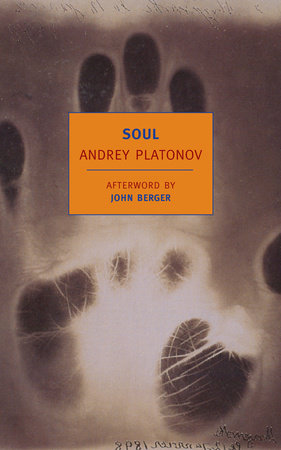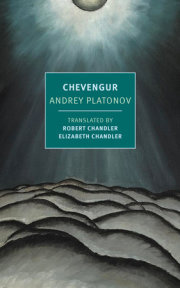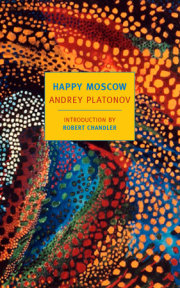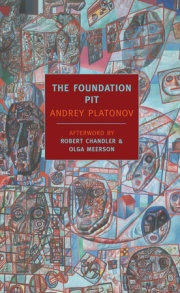"I squint back on our century and I see six writers I think it will be remembered for. They are Marcel Proust, Franz Kafka, Robert Musil, William Faulkner, Andrey Platonov and Samuel Beckett.... They are summits in the literary landscape of our century ... What's more, they don't lose an inch of their status when compared to the giants of fiction from the previous century."—Joseph Brodsky
"Soul ( New York Review Books ) gathered eight works from another Slavic giant, Andrei Platonov. Works of great tenderness and insight in the face of oppression, they're brilliantly rendered by one of the great translators of our time, Robert Chandler, and his team. It features a striking afterword by John Berger..." --The Guardian
"Andrey Platonov has not yet received the attention he richly deserves here...[he] turns out to be one of the finest writers of the 20th century, worthy to stand alongside Kafka and Joyce. So thanks to NYRB Classics for publishing the Platonov collection Soul, which contains an informatively polemical introduction by Chandler, a smattering of stories ('Among Animals and Plants' appeared last year in The New Yorker), and the short novels 'Soul' and 'The Return.'" --The Arts Fuse
“In Russia it is Platonov who is increasingly described as the best writer of the post-revolutionary epoch.” –Victor Erofeyev, The Times Literary Supplement
"Andrey Platonov is increasingly being recognized, in Russia and elsewhere, as one of the greatest writers of the Soviet period." –The Spectator
“Platonov is a realist as only the Russians can be realists, unsparing and utterly without any literary device except the exact and telling detail. The result seems. . .more myth than reality, as Platonov’s Russia is incredibly strange.” –Guy Davenport
“Reading Platonov is always an exhilarating, depressing and moving experience.” –Slavonica
"The most exciting Russian writer to be rediscovered since the end of the Soviet Union." –The Independent (UK)
"In Platonov's prose, it is impossible to find a single inelegant sentence." –The Times (UK)
"In this century the best Russian prose has been written by our poets and Platonov, but he is an exception...Platonov speaks of a nation which in a sense has become a victim of its own language; or, more precisely, he speaks of this language itself which turns out to be capable of generating a fictive world and then falling into grammatical dependence on it." –Joseph Brodsky
“As his versions of Andrey Platonov prove, Robert Chandler is the supreme translator of difficult Russian rose.” –The Literary Review
“Rarely does literture come this close to music.” –The Observer (UK)
"In Soul, Platonov weaves together Sufi philosophy, Persian travelogue, socialist realism, and the language of Soviet bureaucracy into a magical tissue with the luminous, universal quality of myth. Soul is an unforgettably weird retelling of a familiar story: the struggle of an educated young man to assimilate his present with his past." –Elif Batuman, The Daily Beast






